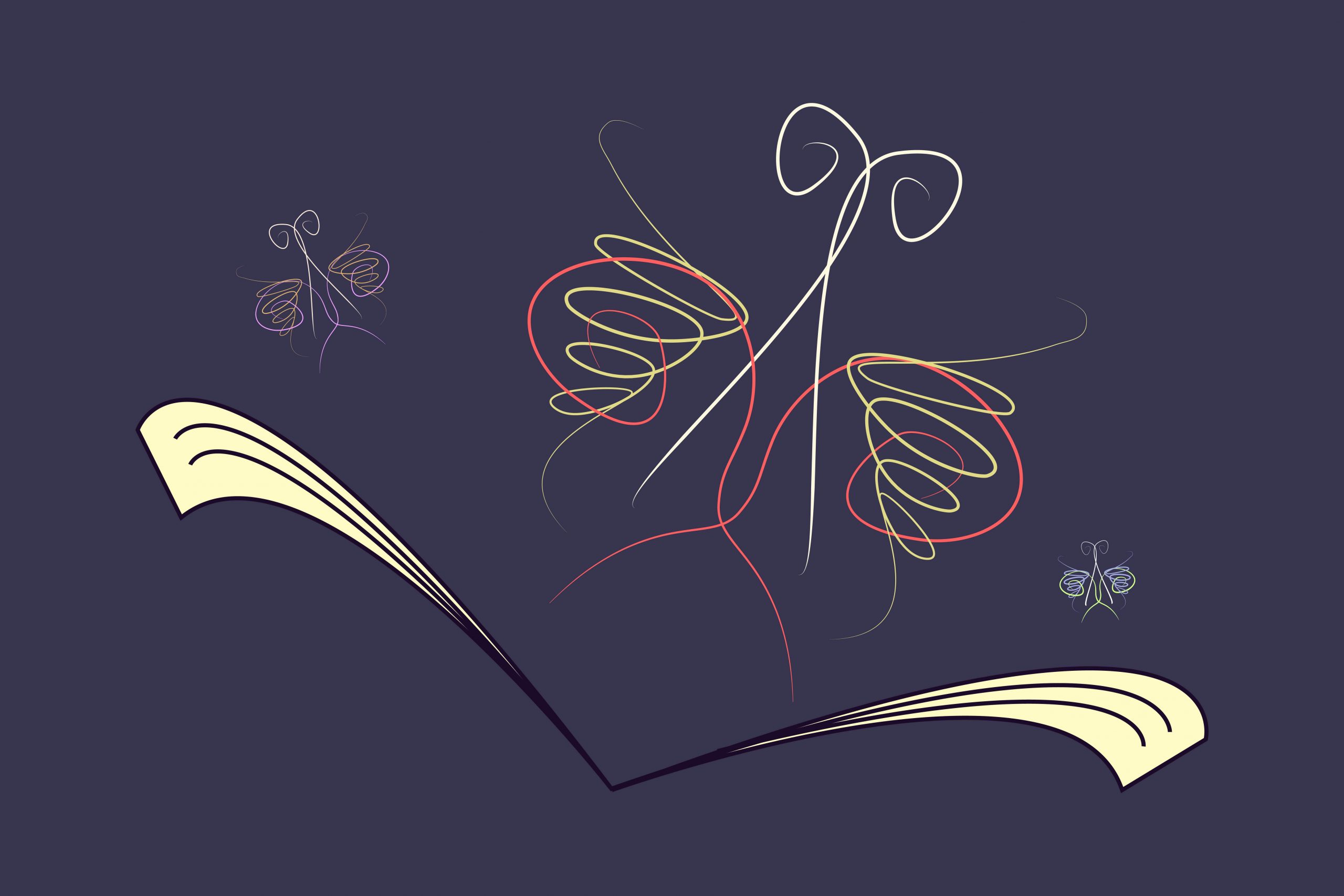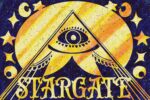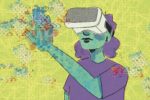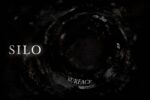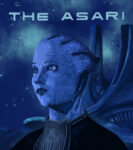Science fiction, or sci-fi, has explosively grown in popularity since the onset of the 21st century. Its impact on media, art, pop culture, film and technology has solidified sci-fi as a unique storytelling genre. The speculative futures, incorporation of modern problems and philosophical, moral and scientific elements make sci-fi interesting and especially relevant as global warming, overpopulation and technological growth garner constant media attention. As the genre has become more recognized, Chinese science fiction has made its way to America and caught the West by storm.
Some Chinese Sci-Fi History
Before the 2000s, Chinese science fiction was a lesser-known and community-oriented genre. Few works were translated, and the Western world had little to no taste for it. The history of Chinese science fiction is extensive, with examples showing up around 400 BCE. But the modern genre rose to prominence during the 1900s, similar to Western science fiction, which was experiencing its Golden Age.
Authors such as Lu Xun promoted sci-fi’s early development in China and even translated multiple Western stories. His efforts, along with a few lesser-known texts, defined science fiction from the late Qing Dynasty (1833-1911) to the Republic Era (1911-1949). It wasn’t until the introduction of the new-era Chinese sci-fi that the genre took off, during the People’s Republic of China’s creation in 1949. Once the Cultural Revolution began, science fiction and most literature hit a standstill and didn’t resurface until the late 1970s.
Following the 1970s, China began its own Golden Age of science fiction. Movies, clubs, magazines, societies and communities formed around this genre and became increasingly popular among Chinese readers. An award for writers called the Galaxy Award, China’s version of the Hugo Award, was created. All the advancements around the sci-fi genre culminated in its eventual translation and introduction to Western readers during the early 2000s.
Its Entry Into the West
The once niche subgenre has become internationally recognized, mainly because of Ken Liu, a writer, translator and computer scientist. He has written award-winning stories such as “The Paper Menagerie and Other Stories” and “The Dandelion Dynasty,” but he is also known for his numerous Chinese science fiction translations.
Liu has done more work than anyone else to translate Chinese sci-fi. However, his and the genre’s defining moment was Liu Cixin’s novel called “The Three-Body Problem,” a mind-boggling, hard science fiction original story. Hard science fiction is a subgenre categorized by the use of actual science, be it theoretical or factual, to weave stories.
When Liu translated “The Three-Body Problem,” it became the first contemporary Chinese sci-fi novel in English. Published in 2014, it proved to be a raging success. Many famous individuals, including former president Barack Obama, raved about the book; it even won a Hugo Award. Chinese science fiction’s introduction into the West began with this novel, and it couldn’t have been given a better international debut.
After the initial translation of Cixin’s book, the sequels, “The Dark Forest,” translated by Joel Martinsen, and “Death’s End” translated by Liu, were published in 2016 and 2017 respectively. Following these novels, Liu worked on Chinese sci-fi anthologies such as “Invisible Planets,” published in 2018, and “Broken Stars,” released in 2020. These novels exposed American readers to a whole new world of science fiction, and they loved it.
The media coverage of Cixin’s “Three-Body” trilogy and the various awards he won drew much attention, and the first novel opened the gates for other translations. Liu has become a go-to source for Chinese authors seeking international audiences. These Chinese sci-fi stories have invigorated the once American and British author-dominated genre, giving it a whole new perspective and landscape.
What Makes Chinese Science Fiction Distinctive
Writing in Chinese is, of course, different than writing in English. The meanings and references used in Chinese sci-fi are unique to the genre. In the anthologies Liu translated, multiple footnotes describe intricacies Western readers will not understand, and they explain why a word or sentence is written a certain way. The cultures and languages within China each have their own nuances and idiosyncrasies that make their way to text, giving translated works a foreign and distinct feel that no Western novel replicates. In this regard, the genre is different, since the authors’ writing styles and meanings are translated.
The use of traditional and cultural objects, words, places and beliefs in Chinese science fiction makes the genre a cultural and historical analysis of China. After reading “The Three-Body Problem,” for example, Western readers learn about events that defined 20th-century China and discover some differences and similarities between Western and Asian cultures.
The stories are also separate because many modern Chinese science fiction authors, like Cixin, grew up during China’s tumultuous Cultural Revolution and were heavily affected and influenced by the events of the 20th century. Their perspectives and ideas on morals, ethics, government, politics, science and anything in between come from vantage points previously unknown to Western readers.
Reading Chinese science fiction is similar to learning a new language. You gain a new appreciation for the language and culture. People say reading novels written from different perspectives than your own — like reading a book from a woman’s perspective if you’re a man — is beneficial and thought-provoking. The same is true for stories originating in a foreign tongue. Reading them expands your horizons and imparts ideas, emotions and cultures you can’t get from Western science fiction.
With the popularity Chinese science fiction has received, it makes you wonder what other stories have yet to make their way into English. Perhaps South American, African, or Indian sci-fi will be next. Either way, Chinese science fiction is continuing to rise and become easily accessible, so if you get the chance, check out some of the works listed in this article. Maybe you’ll find your next favorite book.


